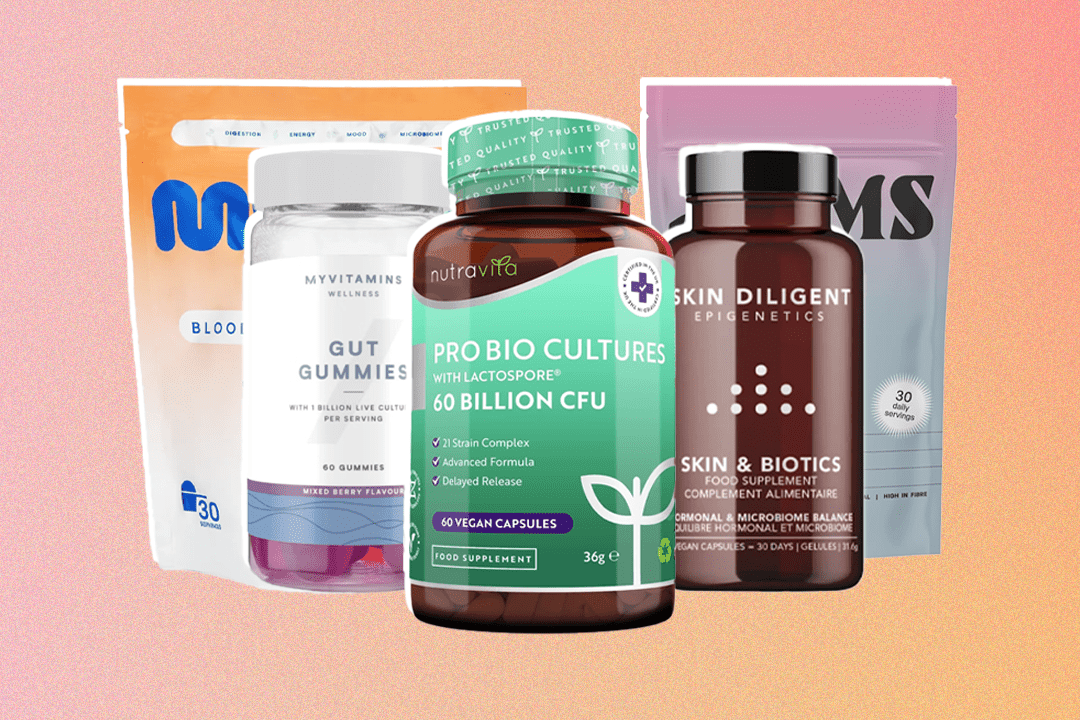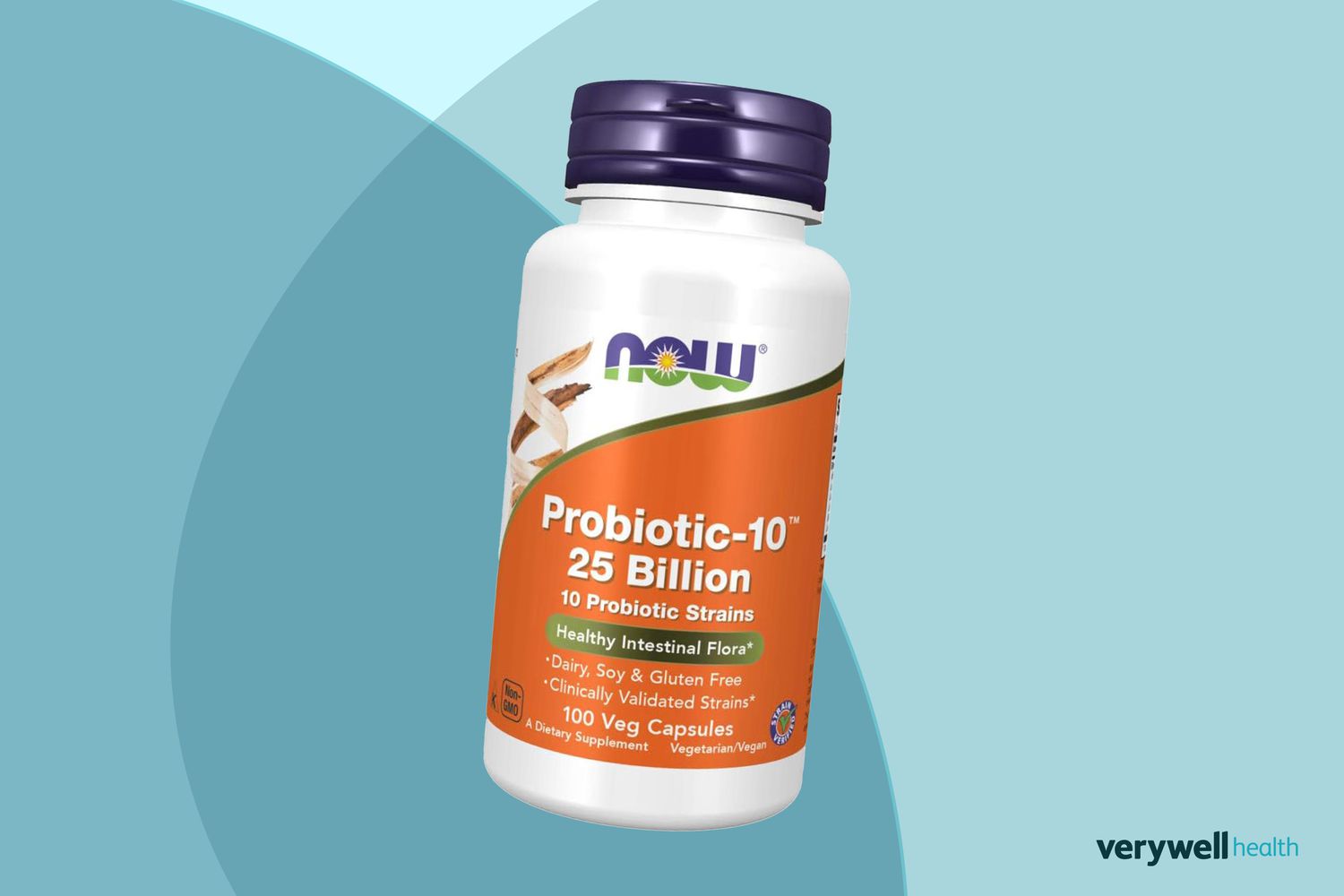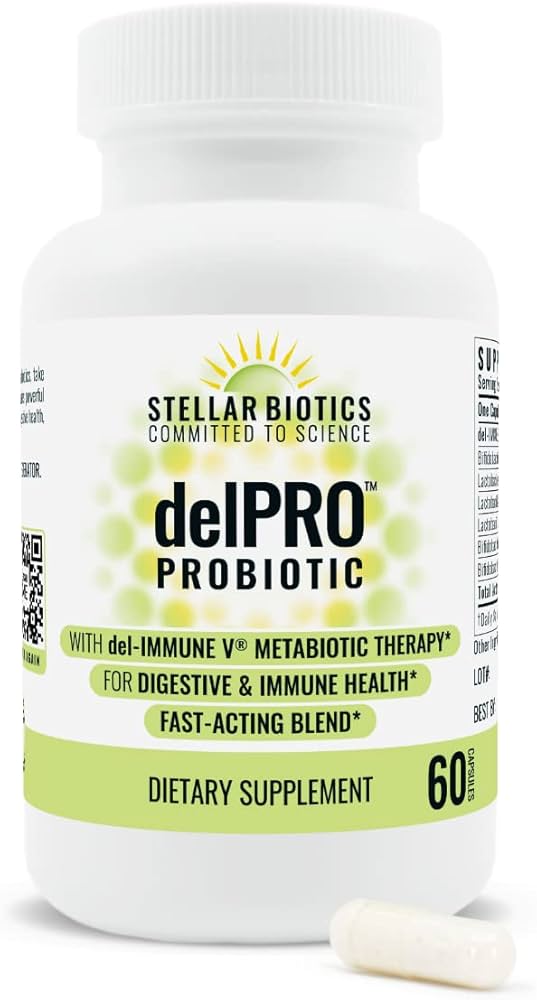Have you ever wondered what vitamins are essential for maintaining optimal gut health? Your gut is often referred to as your “second brain,” and for good reason. It plays a critical role in not just digestion, but also your immune system and even your mood. Many people focus heavily on probiotics and prebiotics, and while these are essential, vitamins also play a subtle yet significant role in ensuring that your gut functions smoothly.

Understanding Gut Health: Why It Matters
Gut health is more than just the absence of discomfort or disease. It centers around having a balanced community of beneficial bacteria, a robust intestinal lining, and efficient communication between your gut and the rest of your body. A healthy gut can significantly affect your overall well-being, impacting everything from digestion and absorption of nutrients to mood regulation and immune defenses.
The Role of the Gut Microbiome
Your gut is home to trillions of microorganisms, collectively known as the gut microbiome. These microbial communities are instrumental in breaking down the food you eat, producing essential vitamins, and protecting against harmful bacteria. Any imbalance, known as dysbiosis, can lead to numerous health issues, including digestive disorders, autoimmune diseases, and even mental health conditions.
Gut-Immune System Connection
As you might know, a significant portion of your immune system resides in your gut. Approximately 70% of your immune cells are in your gut, making it a frontline defense against pathogens. A robust gut can help ward off infections and maintain an overall balanced immune response.
Key Vitamins for Gut Health
Several vitamins play a pivotal role in maintaining gut health. By ensuring you get enough of these vitamins, you can promote a healthier, more resilient digestive system. Here’s an overview of the vitamins vital for gut well-being:
Vitamin A
Vitamin A is fundamental for maintaining the integrity of your mucosal surfaces, including the lining of your intestines. It supports the production of mucus, which acts as a barrier to pathogens, and is crucial for the development and regulation of your immune system.
Benefits of Vitamin A:
- Reinforces the gut’s protective barriers
- Enhances immune function within the gut
- Supports intestinal health
Vitamin A-rich foods include carrots, sweet potatoes, spinach, and kale.
Vitamin D
Vitamin D is not just beneficial for bone health — it also plays a crucial role in your gut. It helps in modulating the immune response, reducing inflammation, and supporting the diversity of the microbiome.
Benefits of Vitamin D:
- Enhances gut barrier function
- Regulates immune responses
- May promote beneficial bacterial diversity
Sources of Vitamin D include sunlight exposure, fatty fish, and fortified foods.
Vitamin C
Often associated with immune health, Vitamin C is also essential for gut health. It acts as an antioxidant, protecting the cells in your gastrointestinal tract and supporting tissue repair.
Benefits of Vitamin C:
- Protects gut lining against oxidative stress
- Enhances the body’s natural healing process
- Supports immune function
Citrus fruits, bell peppers, and strawberries are fantastic sources of Vitamin C.
B Vitamins
The B vitamins, including B1, B2, B3, B6, B9, and B12, play various roles in gut health. They’re essential for energy production, DNA synthesis, and helping the gut process fats and carbohydrates. Among these, B12 is particularly noteworthy as it’s intimately linked with the gut microbiome.
Benefits of B Vitamins:
- Supports metabolism within gut cells
- Aids in maintaining a healthy microbiome
- Assists in DNA synthesis and repair
B vitamins can be found in whole grains, meats, eggs, and legumes.
Vitamin E
Vitamin E is known for its antioxidant properties, which can help to protect and maintain the integrity of your gut lining. It can also work synergistically with Vitamin C to combat oxidative stress in the gut.
Benefits of Vitamin E:
- Offers antioxidant protection to gut tissues
- Works with other vitamins to enhance gut health
Good sources include nuts, seeds, and green leafy vegetables.
Vitamin K
While Vitamin K is most famous for its role in blood clotting, it also supports gut health by fostering the development of friendly gut bacteria. This vitamin can be found in two forms: K1, found in leafy greens, and K2, found in fermented foods and animal products.
Benefits of Vitamin K:
- Supports probiotic balance
- Encourages healthy digestion
Add more kale, spinach, and fermented foods to your diet to boost Vitamin K intake.
:max_bytes(150000):strip_icc()/Best-Supplements-for-Gut-Health-tout-a48d2a8d5a8a4f2497830deff56959a5.jpg)
The Interconnectedness of Vitamins and Gut Health
Vitamins don’t work in isolation. In fact, their interactions with one another and with other dietary components often bolster their benefits. For example, a combination of Vitamins D and K can have synergistic effects on gut health. Similarly, antioxidant vitamins, like C and E, can work together to reduce oxidative stress.
The Synergy Between Vitamins and Minerals
In addition to vitamins, minerals play a crucial role in gut health. Magnesium, for example, supports muscle function and helps regulate the bowel, while zinc assists in healing and maintaining the gut lining. Iron is vital for many enzymatic reactions within the gut.
Table: Synergistic Effects of Vitamins and Minerals
| Vitamins | Synergistic Mineral | Combined Benefits |
|---|---|---|
| Vitamin D | Calcium | Bone health and enhanced gut absorption |
| Vitamin A | Zinc | Immune support and healthy skin barriers |
| Vitamin E | Selenium | Antioxidant protection and tissue repair |
Improving Gut Health with a Balanced Diet
To truly optimize gut health, it’s important to maintain a balanced and varied diet. Emphasize whole foods such as fruits, vegetables, lean proteins, and whole grains, which naturally contain the vitamins necessary for gut health. Fermented foods such as yogurt, kefir, and sauerkraut can be beneficial for the gut microbiome.
Importance of Fiber
Fiber adds bulk to stool and serves as food for the beneficial bacteria in your gut. Consuming both soluble and insoluble fiber supports digestion and nourishes your gut microbiome.
Hydration: An Overlooked Factor
Adequate hydration is essential for healthy digestion and helps the intestines function properly. Ensuring you drink enough water every day aids in the absorption of vitamins and the smooth passage of food through the digestive tract.

Supplements: Should You Consider Them?
While it’s best to obtain vitamins from food sources, supplements can be a practical option for those with dietary restrictions or specific deficiencies. Consulting with a healthcare provider before starting any supplement regimen is prudent, as they can guide you based on your individual needs.
Choosing Quality Supplements
When selecting supplements, look for reputable brands that conduct third-party testing to ensure purity and potency. Opt for formulations that complement your unique nutritional needs and lifestyle.
Lifestyle and Gut Health: Beyond Nutrition
Your lifestyle choices also influence your gut health significantly. Stress, sleep, and physical activity level can all impact your digestive system.
Managing Stress
Chronic stress can disturb the gut-brain axis, exacerbating conditions like irritable bowel syndrome (IBS). Incorporating stress-reducing activities like yoga, meditation, or even simple walking can benefit your gut.
Prioritizing Sleep
Quality sleep helps maintain your circadian rhythm, which plays a role in digestion and the microbiome. Aim for 7-9 hours of sleep per night to keep your gut functioning optimally.
Exercising Regularly
Physical activity is another pillar of good gut health. Regular exercise can help regulate bowel movements, reduce stress levels, and boost overall well-being, indirectly improving gut function.

Conclusion
Understanding how vitamins contribute to gut health empowers you to make informed dietary and lifestyle choices that support overall well-being. The health of your gut is a dynamic and intricate component of your overall health, influenced by a blend of dietary nutrients, lifestyle habits, and external factors.
Taking steps to ensure you’re getting enough essential vitamins through a balanced diet, possibly supplemented when necessary, can not only improve gut health but also enhance immunity, mood, and energy levels. Your journey to optimal gut health is one of balance, and with the right knowledge, it’s a path you can navigate confidently.
Remember, every step you take towards a well-nourished gut brings you closer to a healthier and more vibrant life. So, incorporate the right vitamins, make informed choices, and enjoy the ripple effects of a balanced gut on your overall health.